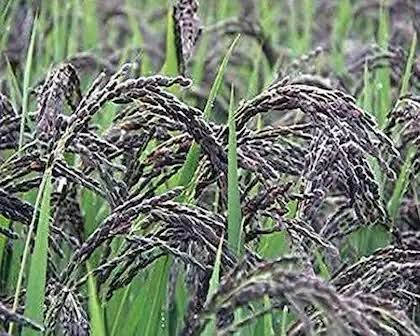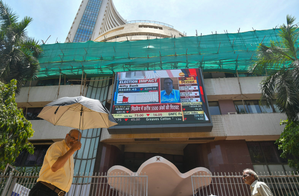
Chennai, July 29 (IANS) A surge in off-season cultivation of Karuppu Kavuni, a traditional black rice variety, has led to a sharp fall in prices, leaving farmers and rice mill owners across southern districts of Tamil Nadu, such as Madurai, Tiruchy, and Virudhunagar, grappling with losses.
Typically grown during the samba season (September-January), Karuppu Kavuni has seen a shift in its cultivation pattern, with many farmers opting to grow it during the summer months.
The move was largely driven by the high market value the variety previously commanded, with wholesale prices averaging Rs 50-Rs 60 per kg. However, the sudden oversupply has created a glut in the market, pushing prices down to Rs 35 per kg in Madurai on Sunday.
A senior official from the Department of Agricultural Marketing and Agri Business, speaking on condition of anonymity, said that large quantities of paddy from Madurai, Virudhunagar, and surrounding districts are being sold through the Thirumangalam Regulated Market using digital farmgate platforms.
“Currently, around 1,600 bags of old stock and 200 bags of new stock, each weighing 66 kg, are waiting to be sold,” the official said.
The lack of buyers has led to a buildup of unsold stock, depressing wholesale prices further and leaving hundreds of bags languishing in storage as dead stock.
MSK Bakkiyanathan, a farmers’ representative, has urged the state government to intervene by procuring Karuppu Kavuni under the same system used for conventional paddy varieties.
“Many farmers are in distress as they are unable to sell their produce in the open market,” he said.
A rice mill owner from Virudhunagar, Ram Kumar, pointed out that off-season cultivation has affected the distinctive deep-purple colour and grain quality of Karuppu Kavuni.
“Because the rice lacks its iconic attributes, millers are hesitant to purchase the stock. Even after buying it at a higher price earlier, we are now compelled to sell the processed rice at lower rates,” he explained.
He also appealed to the government to regulate off-season cultivation of the variety to protect its quality and market value.
With prices continuing to fall and demand drying up, both farmers and millers are pinning hopes on government action to stabilise the market and ensure the survival of this heritage grain.
–IANS
aal/dpb




